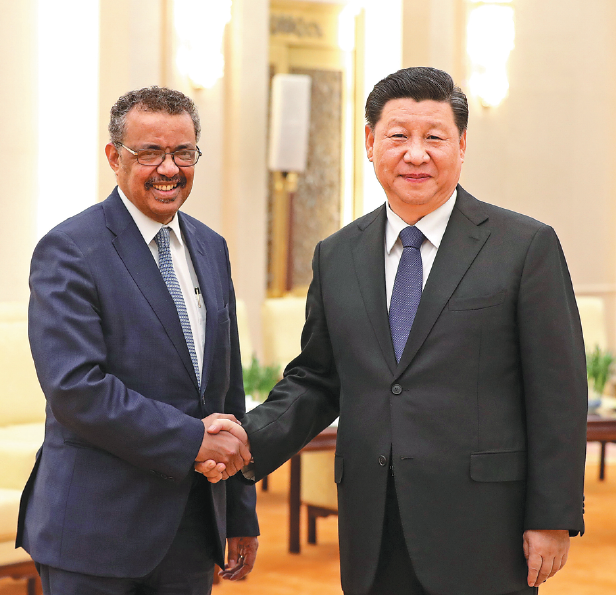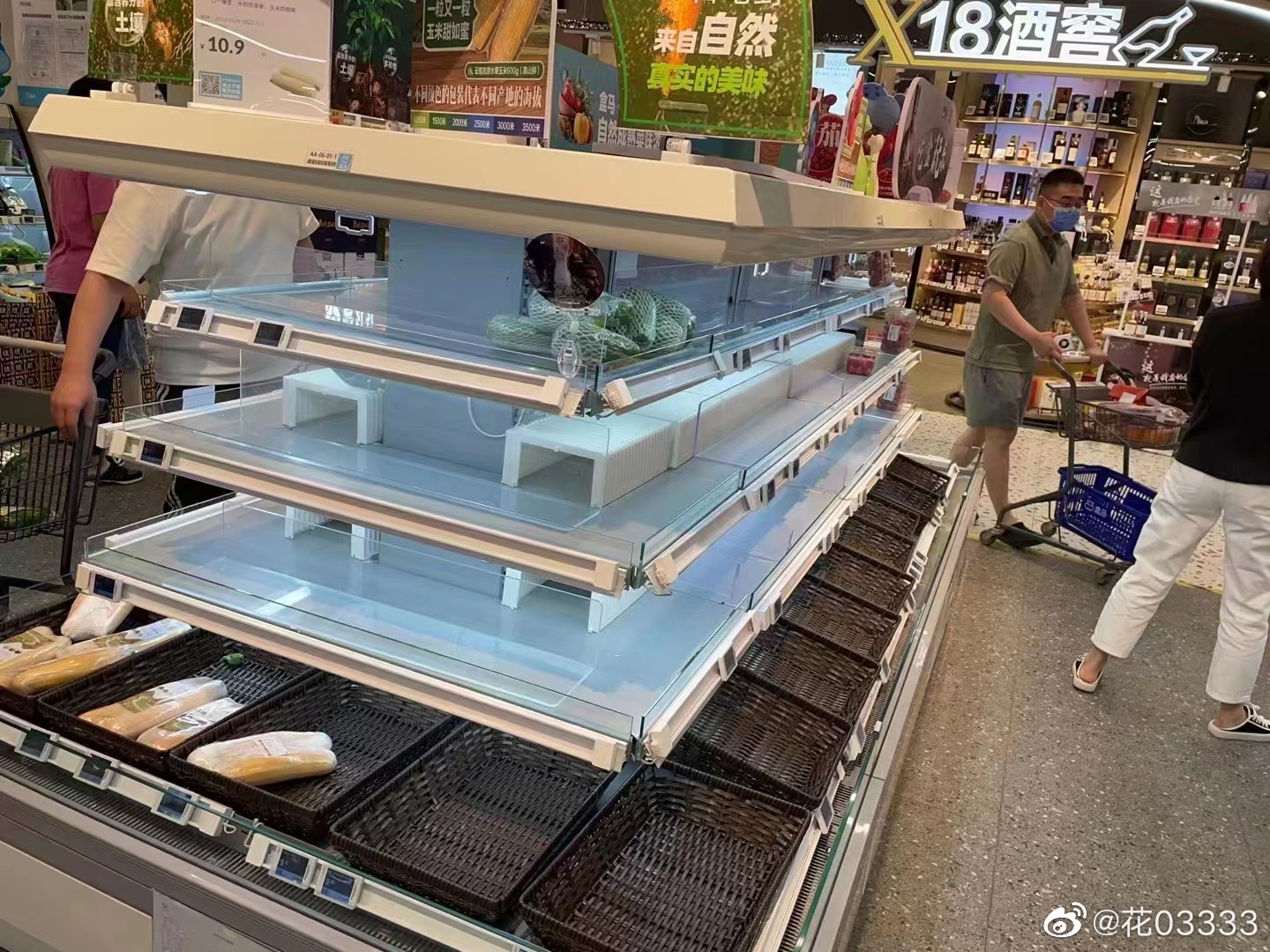05-01-2022
What Changed Chinese Leader's Mind to Let up Clampdown on Businesses?
After months of intense crackdown on businesses and Internet companies in China, the Politburo of the Chinese Communist Party suddenly dropped hints that after all it will let private businesses and technology companies survive. The Politburo, which is controlled by Xi Jin Ping and has unlimited power, had a series of emergency meetings during the week ending on April 29, the last day before the May 1 Labor Day. An announcement was swiftly made after the conclusion of the Politburo meetings. It says that the Chinese government would allow the “healthy development” of the Internet platform economy.
Further, China's leaders scheduled a symposium with the country’s Big Tech firms, raising hopes that Beijing will finally let up its relentless clampdown on the tech sector and give platform companies larger roles to help prop up the ailing economy. According to sources in China, one topic that will be discussed at the symposium is that the CCP will take up to 1% of equity stake in large Internet companies so as to have say in their management. So what changed Xi's mind to let up crackdown on technology companies?
Xi's zero-Covid policy requires repeated tests of local residents and removes those who test positive of the Covid-19 virus from their homes to hastily built temporary hospitals for isolation. The zero-Covid policy has not proven to be effective in containing the variants of the Covid-19 virus like Delta and Omicron.
In pursuit of his zero-Covid policy, Xi Jin Ping has ordered the lockdown of large cities including Xian, Nanjing, Guangzhou, Shenzhen, even Shanghai, which has a population of 25 million and is China's leading economic engine. Although common sense says not to burn your house to rid it of the mouse, the zero-Covid policy does exactly that - It has put a stop to nearly all economic activities in the lockdown areas.

The lockdown has interrupted China's economy in a big way. A recent median forecast among nine financial firms tracked by CNBC predicted 4.5% China GDP growth for 2022, which is way short of the 5.5% GDP target announced by Premier Li Ke Qiang. In the major economic center Shanghai, business activities have come to a halt since the harsh zero-Covid measures, which have affected patients with long term ailments and caused shortages of supplies of food and vegetables.
Using 'The party leadership rules everything', Xi as general secretary of the CCP has grabbed all executive power onto himself, pushing aside nearly all senior and mid-level government officials. These officials would rather do nothing than risking their jobs by fulfilling their duties. As Xi insists on continuing the zero-Covid policy, these officials have obediently carried out the lockdowns. Yet as the disastrous economic results are rolling in, Xi simply ordered businesses and technology companies back to producing the numbers he wants to see.
The announcement following the Politburo meeting on Friday is almost an admission that Xi's ruthless attacks on private businesses and tech companies have wounded them and harmed the economy. Perhaps Xi and Politburo have finally realized that CCP itself does not produce anything that can be used by people or bought by the market. They have to rely on businesses to expand employment, generate economic growth and pay bills.

The symposium has been set for after the Labor Day holiday, which lasts from Saturday to Wednesday this year, to assure business executives that regulators will no longer demand rectifications or impose surprise fines, two people, who declined to be named as the briefings were private, told the South China Morning Post.
The country’s major Big Tech players, including e-commerce platform Alibaba Group Holding, social media and video gaming giant Tencent Holdings, online delivery and on-demand service platform Meituan, and TikTok owner ByteDance, are all invited.
A joint regulatory meeting is also set to take place as soon as this weekend to put all regulators on the same page regarding Beijing’s new decision to ease aggressive actions, one of the sources said.
The key message to tech companies is that the state wants them to grow and play a role in Beijing’s efforts to bolster an economy battered by zero-Covid controls, such as distributing consumption vouchers, according to one source.
Some local governments have already started to give away coupons to citizens through internet platforms. Shenzhen, for instance, is giving away 500 million yuan (US$75 million) worth of coupons to residents through Meituan and e-commerce service provider JD.com. Meanwhile, online ordering and delivery services provided by tech platforms have proved essential for many residents under Covid lockdowns.
The move is the strongest policy signal to come from the Politburo, the supreme 25-member decision-making body of the Chinese Communist Party, regarding Beijing’s forceful campaign to curb the “irrational expansion of capital” since the 2nd half of 2020.
Regulatory hostility in the last 18 months or so has been one of the biggest investment risks in China’s tech stocks, wiping out trillions of dollars in market value across New York and Hong Kong, while deterring venture funding for Chinese tech start-ups. Mr. Sun Da Wu, an agricultural business man and billionaire, was arrested and sentenced to 18 years in prison along with his sons. His company, Da Wu Group, was seized by the Chinese government, appraised at an arbitrary low value and sold to a Beijing company.
The Politburo statement on Friday was issued in the early afternoon, breaking with Beijing’s tradition of releasing statements outside market hours. Investors in Hong Kong and Shanghai rushed to buy shares when the afternoon trading session opened, leading to a surge in Chinese tech stocks. The statement largely endorsed a State Council meeting on March 16, when Vice-Premier Liu He demanded “transparent and predictable” regulation over China’s tech industry.

















 2049
2049










